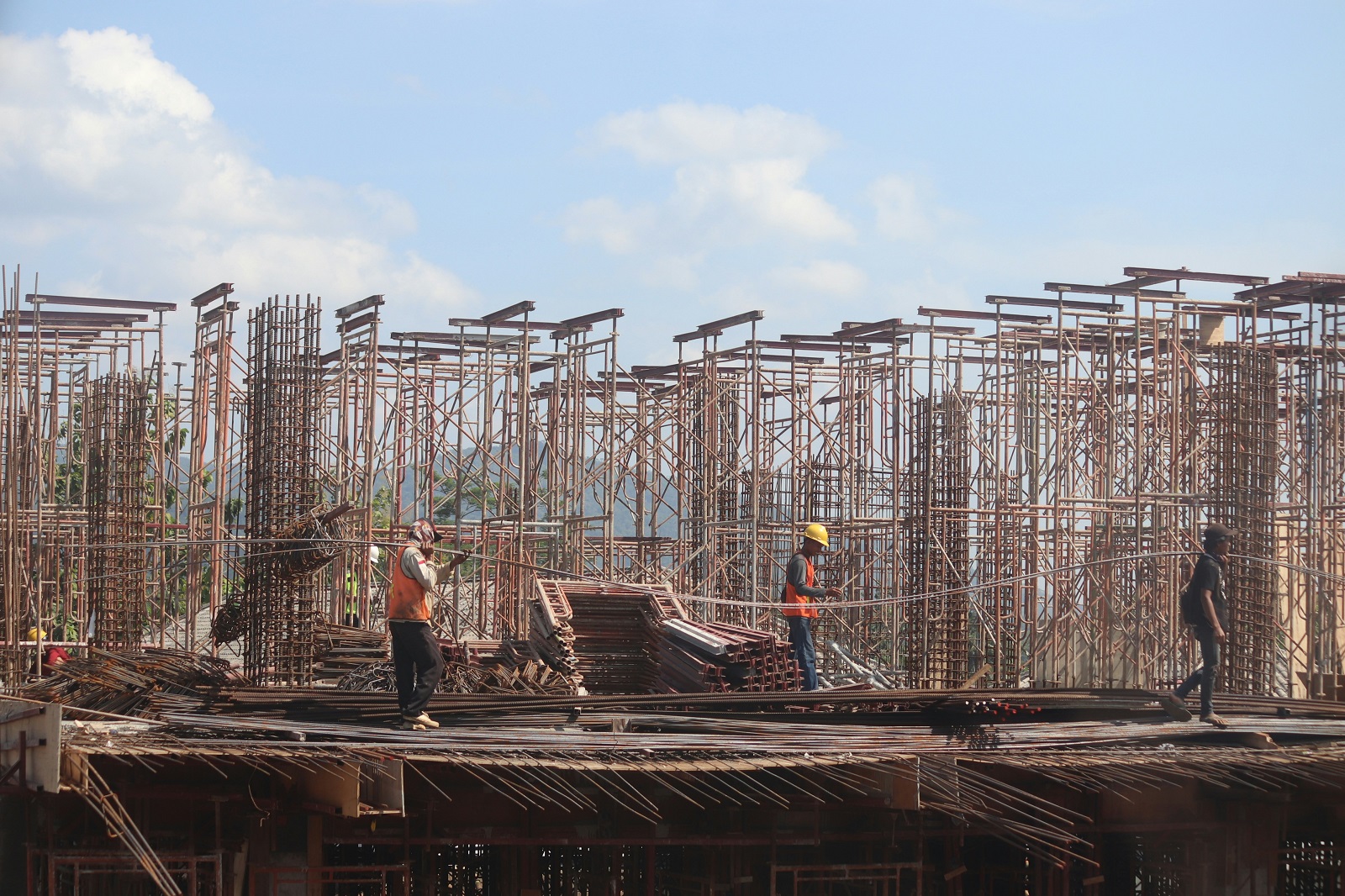Preparatory Items for Discussion
In starting an underground civil construction project, an owner needs to address several items. The process can be quite simple – starting off with a fundamental understanding of construction and the process is invaluable.
Introduction
Civil construction projects are probably the highest risk projects done. Large mega-projects often run into trouble in schedule and cost overruns because of underground site conditions, Owner indecision, and/or design inconsistencies. These issues exist on smaller projects also.
Each of these issues can be responsibly managed by an astute owner. The owner should hire trusted parties to assist them in the process of designing, bidding, and building a project. With an experienced engineer, construction manager, and contractor the project has a great chance of being completed on time and within budget. This is the definition of project success!
Below are items that a new project owner should consider as they start their civil engineering construction project.
Hiring a Professional Engineer
A professional civil engineer is required to provide the design, drawings, and technical specifications necessary for construction of your project.
A competent engineer familiar with local permitting and agency compliance is very important. On projects of smaller magnitude, a local engineer is best for the required familiarity with the preceding items as well as local site conditions. Much of the risk in an underground project is just that, the underground conditions! Rock and groundwater are harder to work in than dirt and dry conditions; if these conditions are known ahead of time, and provided to the contractor, the risk of cost overruns decreases dramatically.
Lastly, a critical factor in hiring a professional engineer is timeliness. Most projects have a definitive schedule and the owner will want to hire a firm which ensures that the projects are designed and bid within a window to allow for timely construction.
2. Is the engineer familiar with required agency compliance?
3. Is the engineer familiar with site conditions (underground conditions and site access)?
4. Does the engineer understand your schedule needs and does (s)he have a track record of timely delivery?
Contract Documents
The Contract Documents serve as the “Rules of the Project”. During the course of the project, the Owner and Contractor will have to abide by these rules. If a legal dispute arises, these documents will be used as the basis of all decisions.
Contract documents have two main components: drawings and specifications (“specs”). For a successful project, both of these document sets need to be coordinated as one fluid document. It is imperative that these documents support the intent of the other and that inconsistencies are minimized or eliminated in order to avoid conflict once the project starts.
The drawings will be prepared by your professional civil engineer and should be coordinated amongst themselves and the technical specifications. In the case of smaller projects, engineers will sometimes include any technical specifications on the actual drawings. This is a simple and cost-efficient means for an Owner to provide Contract Documents to a Contractor.
2. Will the different disciplines of drawings be coordinated by the engineer (electrical, mechanical, civil, et cetera)?
3. Will the drawings undergo a constructability review in-house or by a third party?
4. Are the technical specs to be provided as a separate document or included in the drawings?
5. What will be my submittal review process?
The project specifications are comprised of the technical specifications (discussed above) and the general provisions. The general provisions provide direction on schedule, submittal processes, payment, dispute resolution, change procedures, differing site conditions, and other commercial items.
2. Do I want liquidated damages in my contract (liquidated damages are a financial penalty, usually daily, assessed against the contractor for late project completion)?
3. What is the duration of my project in calendar days?
4. Do my documents have a differing site conditions clause?
5. Do my documents contain a dispute resolution clause which mandates mediation?
6. Do my documents contain, at a minimum, a one year warranty?
7. Do my documents have a termination for convenience clause?






0 Comments